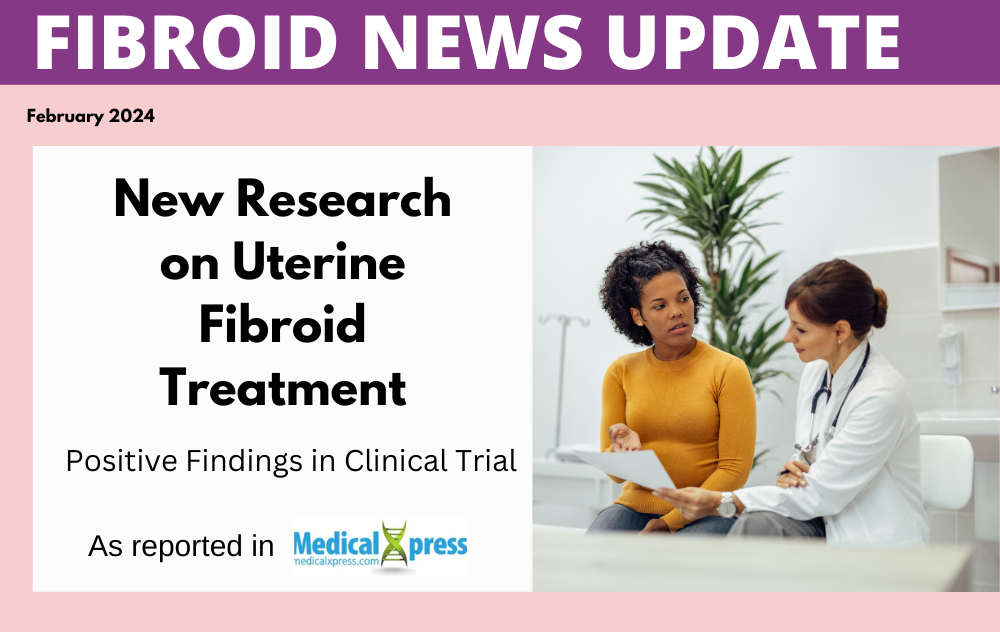
Uterine fibroids are a common and often painful condition affecting nearly eight in ten women at some point in their lives. While typically not life-threatening, these noncancerous tumors can cause heavy bleeding, intense pain, and even infertility.
Traditionally, hormone therapy has been the go-to treatment for fibroids. However, researchers at the University of Cincinnati are exploring promising new avenues for treatment that could offer hope for women seeking non-invasive and fertility-preserving options.
Targeting the Tumor, Not the Tissue
One key finding from the Cincinnati team is that fibroid cells respond to physical strain differently than the surrounding uterine cells. This is important because, as researcher Stacey Schutte explains, “treatment aims to target the tumor without affecting the tissue around it.”
Understanding the Fibroid Environment
Schutte and her team conducted a study where they grew fibroid and uterine cells on plates with an elastic bottom in the lab. They then used a vacuum to pull and stretch the cells, mimicking the natural environment of the uterus. This allowed them to observe how the cells reacted to physical strain.
“We found that fibroid cells were more sensitive to strain,” said lead author Dr. Rachel Warwar. This finding highlights the importance of considering hormones and mechanical strain when studying fibroid cells.
Recognizing Fibroid Symptoms and Raising Awareness
Educating women about fibroid symptoms and treatment options is crucial for their well-being. By understanding heavy bleeding, pelvic pain, and other potential signs, women can proactively seek care and participate in decisions about their health. Research dedicated to earlier detection, minimally invasive procedures, and personalized treatment plans holds immense promise.
The common symptoms of fibroids include:
- Heavy and prolonged periods
- Anemia
- Fatigue
- Pain during intercourse
- Frequent urination
- Constipation and/or bloating
- Pain in your pelvis or lower back
- Increased menstrual cramping
- Stomach swelling
If you are experiencing any of the above symptoms, try our free symptoms checker online.
If you are experiencing any of the above symptoms, try our free online symptoms checker.
Moving Towards Personalized Treatment
By understanding the unique properties of fibroid cells, researchers can develop more targeted treatments. This could involve using 3D simulations and modeling to learn more about fibroids’ development and identify the most effective treatment methods.
“The more we can mimic the environment of these cells in the uterus, the more we will understand the pathology of these cells and then can work to target anomalous pathways in fibroid cells,” Warwar added.
Promising Future for Fibroid Treatment
This research offers a glimpse into a future where women with uterine fibroids have more treatment options available to them. The Cincinnati team’s work could lead to the development of personalized therapies that are more effective, less invasive, and preserve fertility.
“It makes me really happy to think we can find a target,” Schutte said. This sentiment is shared by many women who have struggled with the challenges of fibroids. With continued research, the future of fibroid treatment looks brighter than ever.
Read the complete article here to learn about this clinical trial in detail.
About Fibroid Fighters
Fibroid Fighters is a public welfare organization created to raise public awareness about fibroids’ social, economic, and health impacts so that we can destigmatize the condition, encourage open conversations around fibroids, and advocate for better support systems. We believe women deserve to be equipped with the knowledge and resources to navigate fibroids with confidence and access the best possible care.







